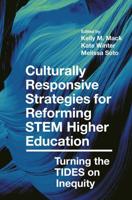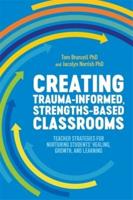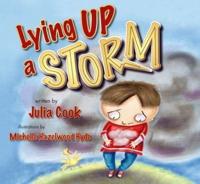Publisher's Synopsis
This book provides key empirical findings from a study measuring the degree of perceived victimization and/or actual attack experienced by a sample of minority adolescents in an urban setting. The project uses a systematic sociological approach to examine the effects of violence on these adolescents by including measures of adjustment outcomes resulting from the stress experienced in these harsh environments. Central to the analysis is the discovery of the linkages between risk factors relating to peer-, community-, and school-level victimization and patterns of coping among youth. To further develop the study, the project determines the perceived level of fear and exposure to violence among urban youth, followed by investigations of variations in adjustment outcomes (i.e., delinquency, anxiety, depression, academic achievement, self-esteem) as they relate to dimensions of violence. Finally, the study focuses on the extent to which coping strategies moderate risk factors among minority adolescents across levels of adjustment outcomes. While the significance of this work is the determination of the relationships between victimization, adjustment outcomes, and coping strategies in urba, minority adolescents in environments at higher risk for violence, the greatest implication of this research is to provide an understanding of the role of particular risk factors and coping strategies used to explain differences in delinquent and anti-social behavior among socially vulnerable youth, many of whom are victimized, and influenced, by delinquent peers. These understandings will provide an empirical basis on which to dismantle structural inequality, develop mental health interventions, reinforce societal- and community-level change, and promote coping behaviors to offset the detrimental impact of violence on the lives of marginalized youth in many communities. Youth victimization and violence are not solely public health problems, but remain severe health disparities, as many neighborhoods and families plagued with elevated violence and systemic poverty need further support to help youth flourish.










